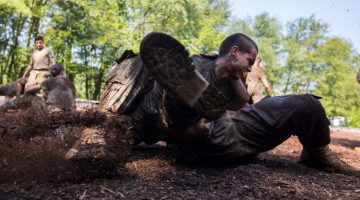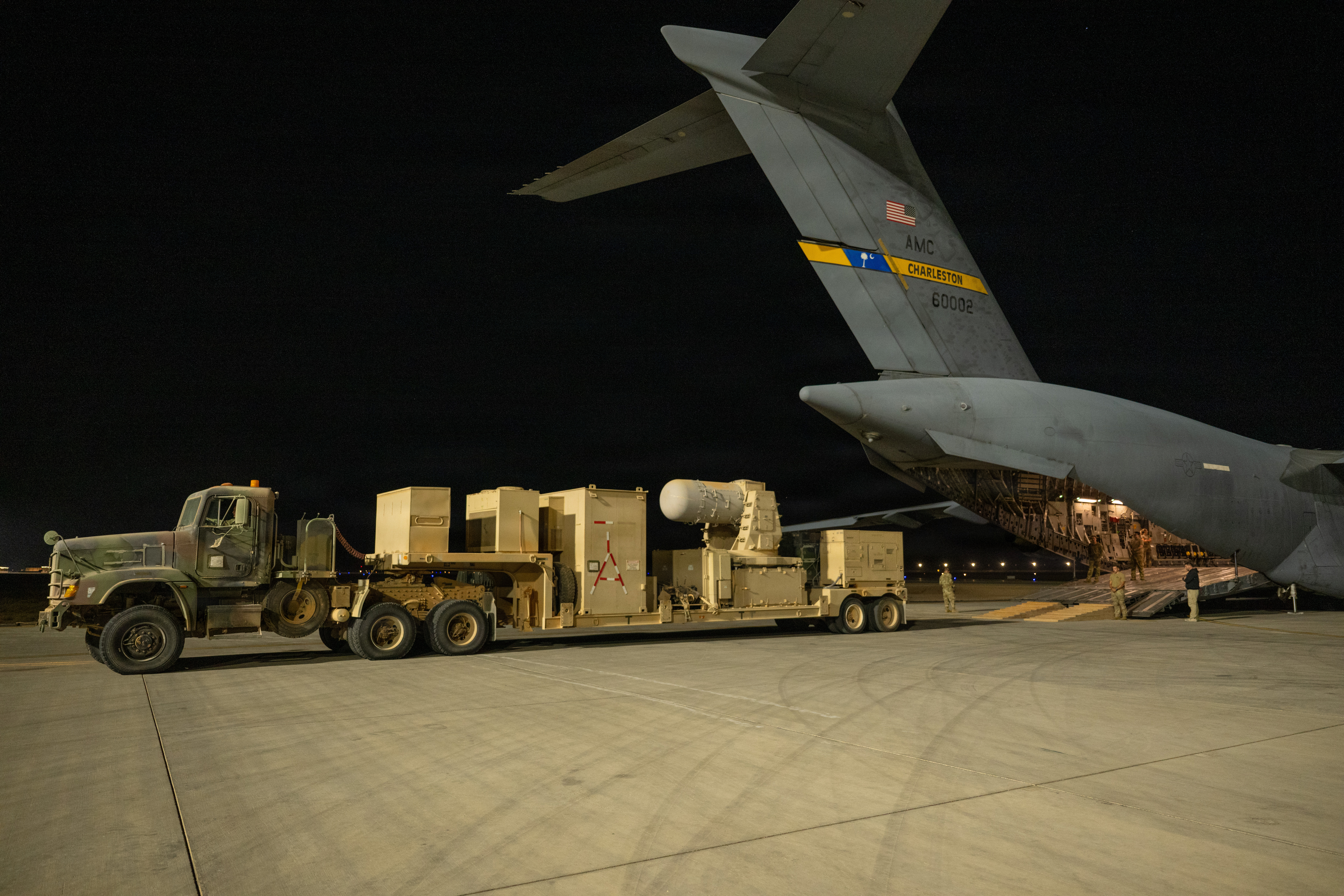Stay Hungry, Fight to Train

What does “leading from the front” look like? Taken as a metaphor, this often-quoted phrase lacks specificity. What if I suggested it means you can skip your next meeting? Are you interested now? Training is what the Army does and yet many times leaders will find an excuse to avoid it. Leaders need to fight to train. Training like you fight does nothing if you aren’t training. Get out of your office. Skip your next meeting. Put on a helmet and get in the dirt with your soldiers. This is not a metaphor.
ADP 6-0 Mission Command states,
“Trust is gained or lost through everyday actions more than grand or occasional gestures. It comes from successful shared experiences and training, usually gained incidental to operations but also deliberately developed by the commander. While sharing experiences, the interaction of the commander, subordinates, and Soldiers through two-way communication reinforces trust. Soldiers expect to see the chain of command accomplish the mission while taking care of their welfare and sharing hardships and danger.”
In short, train with your subordinates. Be the leader who sleeps on the ground rather than the warm command post. Don’t allow anyone to bring you special food when your soldiers are eating MREs. Adhere to the same uniform standard you expect of the most junior subordinate. Yes, this includes Army-approved eye protection and gloves. Your eyes are just as vulnerable, unless of course you are back in the office. But you won’t be because you understand that competence is acquired through practice.
Be the leader who asks for the extra ammo so that your element can get one or two more iterations on the range. Swap your empty fuel cans with full ones so you can stay and practice driving under night vision goggles. Be creative when resources dry up. But above all, maintain your unbending focus to train. Your subordinates will eventually recognize your commitment. They know it takes a lot for you to overcome the temptation to avoid sweating or putting yourself on the spot. They know you are not an expert and wont fault you for that. They will however judge you if you pretend like you are. Get on the ground with them and prove it. When you make a mistake, they will forgive you because you are committed to improvement.
Wear the mud on your boots with pride when you do return to the rear area. Enjoy the shared experience but start thinking about the next training opportunity. How can you make it more epic? How can you leverage the down-time to execute concurrent training? How can you improve individual and team skills to build toward a larger training objective? If resources are in short supply, be creative.
Eventually you will gain a reputation as “that leader who loves to train.” Let this fuel you to keep the foot on the gas pedal. There is no substitute for readiness. It requires hard, realistic training. Leverage every single opportunity to do just one more crew drill. One more battle drill. One more trauma lane. When you execute it for real, you will know you did everything in your power to build a lethal and effective team.
Aside from the obvious improvement to your team, a hunger to train will change your organizational culture. No longer will subordinates complain about field time. They will recognize this as the rule rather than the exception. Additionally, when your unit has only a few school slots or they can only send one element to a fun training event, who do you think they will choose? Of course, they will choose the most prepared unit or “that guy who is always getting after it.”
The alternative to this model occurs too often. No one will blame you for attending that mandatory meeting but think of the missed opportunity. Stay hungry. Fight to train.
———
MAJ George Fust is a Military Intelligence Officer who currently teaches American Politics and Civil-Military Relations in the Social Science Department at the US Military Academy at West Point. He holds a master’s degree in political science from Duke University. He previously served in the 173rd IBCT(A), 207th MI BDE, and the 1st Infantry Division.



